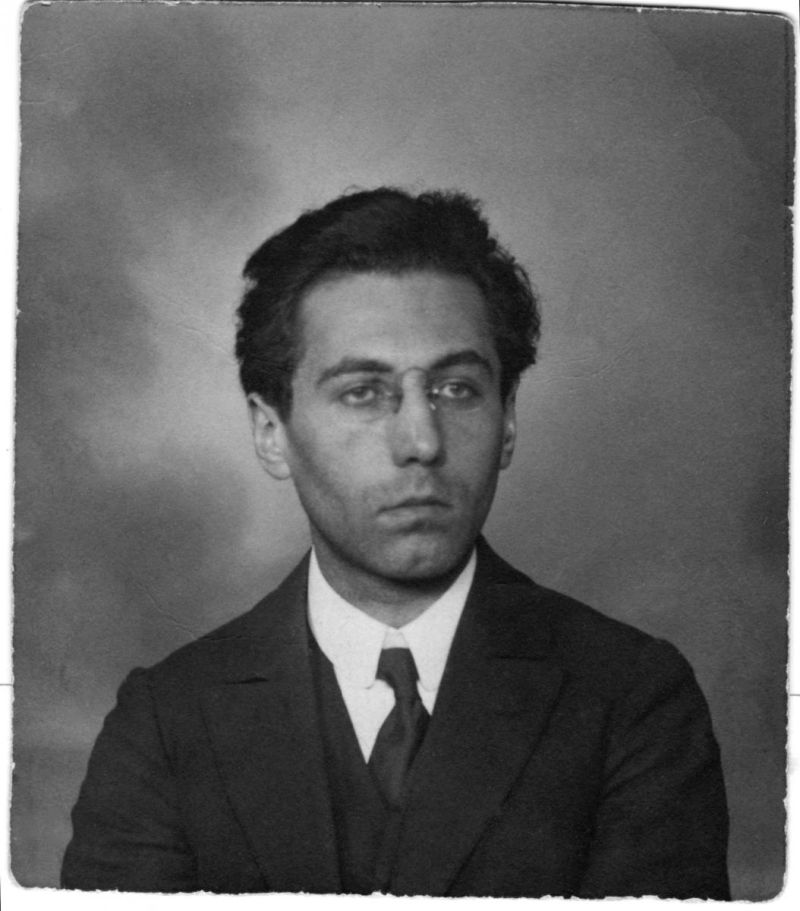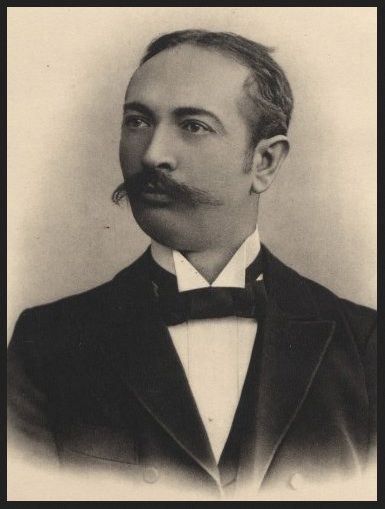Roman Witold Ingarden
Mediathek Sorted
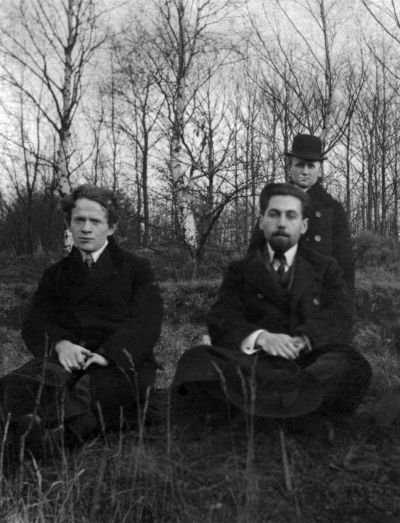
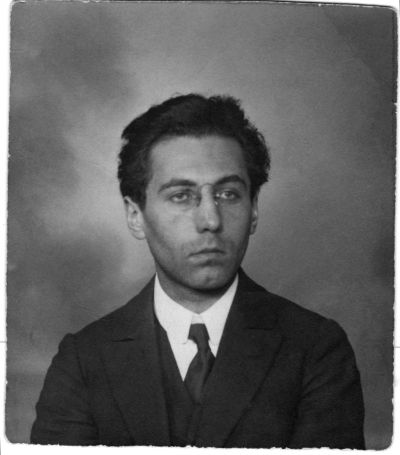
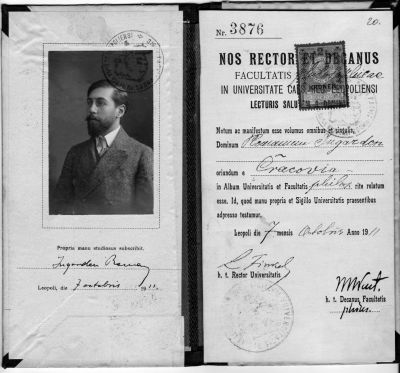
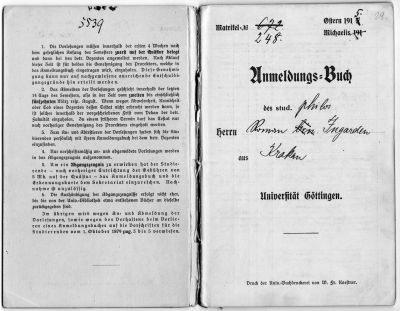
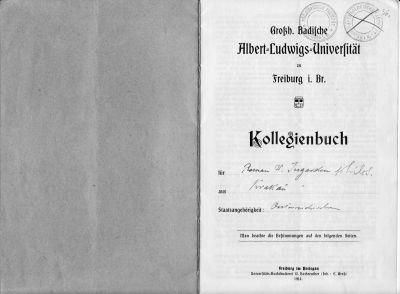
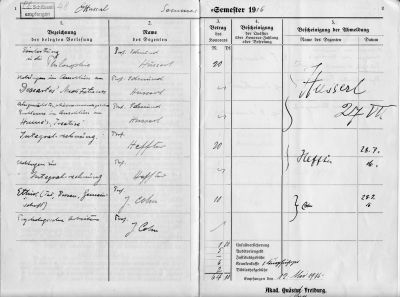
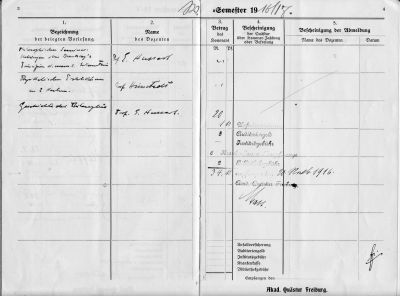
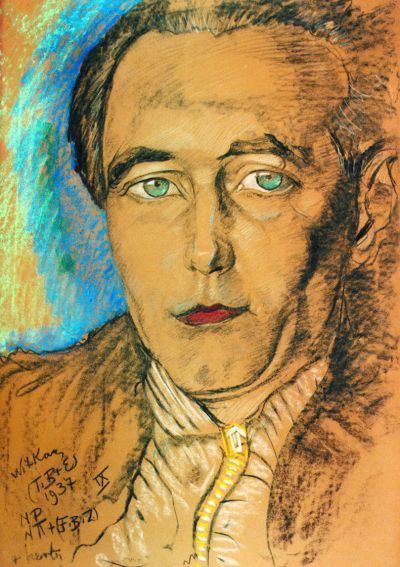
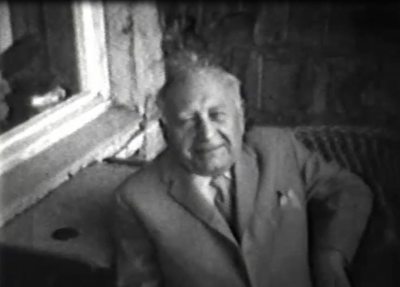
Ingarden in Kraków

Roman Ingarden - radio play in German
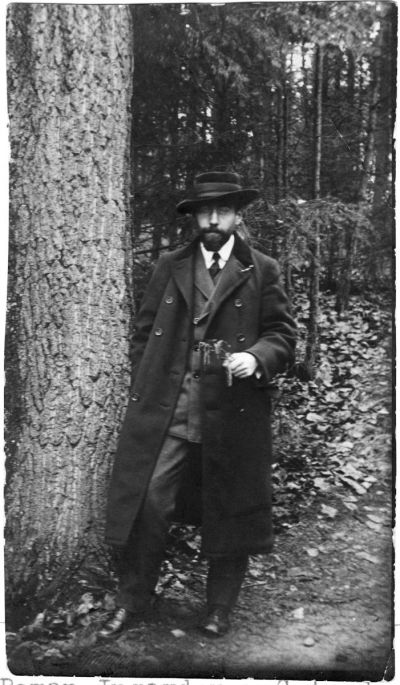












He came to fame on the international stage mainly as an aesthetic. “The Literary Work of Art“ (a work he wrote in German between 1927 1928 during a scholarship in Germany and France) is already regarded as a classic piece of writing and has been translated into several dozen languages. His works on art theory enjoy great popularity even though Ingarden regarded them solely as a preparation to deal with the problems of the “Existence of the World”.
Although Ingarden undertook his first scholarly steps at the side of Kazimierz Twardowski, the founder of the well-known Lemberg-Warsaw School and a student of Franz Brentano, it was another student of Brentano’s who had a decisive influence on his scholarly development: this was Edmund Husserl and his circle of academics from Göttingen and Freiburg. On the advice of Twardowski, but also on his own choice, Ingarden switched to the Georg-August University in Göttingen. His decision was determined by his aversion to the narrowly positivist orientation which dominated contemporary academic circles in Lemberg (Lwów), and which expressed itself, amongst others, in an exaggerated belief in the effects of logic and also in a renunciation of metaphysical questions. This intellectual isolation was also the reason why Ingarden preferred to write in German rather than Polish: “ (...) My personal motive for writing in a foreign language was because I had scholarly views other than those which dominated in Poland and that I did not belong to the clique of Twardowski’s students who laboured for 20 whole years to master the philosophical situation in Poland.
Ingarden processed the experience of his stay in Göttingen in an unusually detailed manner in his memories of Edmund Husserl: “I came to Göttingen for the first time at the end of April 1912 with the intention of studying philosophy, psychology, mathematics and physics. I spoke to the professor for the first time on 11 May of the same year when I enlisted myself for his lecture on the “Theory of Courts”. I spent five semesters in Göttingen until the outbreak of the war”. Ingarden remembers Husserl as a serious lecturer – who however never fell into professorial pathos – who possessed the talent to speak straightforwardly about new subjects. The thing his students most valued was the atmosphere of “scholarly meditation” which fell over his lectures – but the most important thing for us was that his lectures were not based on mediating extraneous ideas but always presented the results of his own research, so that his audience were able to benefit from lively and independent teaching.”
When Ingarden arrived in Göttingen Husserl’s lectures already enjoyed great popularity and his views already met with greater understanding under his listeners than before. Husserl was surrounded by a circle of thinkers for whom phenomenology represented a ‘joint form of life’ as Ingarden put it. In 1916 Ingarden and Husserl moved from Göttingen to Freiburg, where the latter took over the chair of philosophy. During this time Ingarden became acquainted with Edith Stein who had come to Freiburg to complete her doctoral studies with Husserl and who became his assistant. This was the start of a very close special friendship in which they corresponded with one another until the outbreak of the Second World War. Edith Stein’s letters to Ingarden were published under the title “Controversy on the Truth of Existence”. Unfortunately Ingarden’s correspondence with Edith Stein has been lost. Ingarden’s time in Freiburg was taken up with working on his dissertation. That said, this did not take long. Ingarden travelled back to Kraków before returning to Freiburg in autumn 1917 to defend his doctoral thesis. At the end of January 1918 he then returned to Poland.
During his lifetime Ingarden published 224 works (almost the whole of his legacy is still available in German) and gave around 300 lectures in Germany and abroad. The edition of his philosophical works currently amounts to 13 volumes. In 1975 Ingarden published a text which can be recommended to everyone: “The Booklet on Man.”
“I am a power that has been created from an aversion to destiny, that feels and knows that by its own free action it calls forth from nothing that which will remain after it has burned out itself. I am a power that wants to be free. And that sacrifices its existence to its freedom. But everywhere living under the pressure of other powers it finds the seed of un-freedom in itself if it fails to protest and if it fails to make the effort. And it loses its freedom when it binds itself to itself. It can only survive and be free when it surrenders itself voluntarily to the creation of the Good, the True and the Beautiful. Only then does it exist.”[1]
Katarzyna Barska, June 2014
Selected works by Roman Ingarden:
Intuition und Intellekt bei Henri Bergson. Darstellung und Versuch einer Kritik, Halle: Buchdruckerei des Waisenhauses 1921.
Über die Stellung der Erkenntnistheorie im System der Philosophie, Halle: Niemeyer 1925.
Das literarische Kunstwerk. Eine Untersuchung aus dem Grenzgebiet der Ontologie, Logik und Literaturwissenschaft, Halle: Niemeyer 1931.
O dziele literackim. Badania z pogranicza antologii, teorii języka i filozofii [On the Literary Work. Studies on the border area of ontology, language theory and philosophy], adapted by M. Turowicz, Warszawa: PWN 1960.
Das literarische Kunstwerk, appendix:“ Von den Funktionen der Sprache im Theaterschauspiel ”, Tübingen: Niemeyer 1960.
Untersuchungen zur Ontologie der Kunst: Musikwerk. Bild. Architektur. Film, Tübingen: Niemeyer 1962.
Z badań nad filozofią współczesną [Aus den Forschungen über die zeitgenössische Philosophie], Warszawa 1963.
Time and Modes of Being, transl. by Helen Michejda, Springfield: Charles C. Thomas Publ. 1964.
Der Streit um die Existenz der Welt, Bd. 1: Existentialontologie, Tübingen: Niemeyer 1964.
Der Streit um die Existenz der Welt, vol. 2: Formalontologie, T. 1: Form und Wesen. Tübingen: Niemeyer 1965.
Der Streit um die Existenz der Welt, vol. 2: Formalontologie, T. 2: Welt und Bewusstsein, Tübingen: Niemeyer 1965.
Książeczka o człowieku [Das Büchlein über den Menschen], Kraków: WL 1972.
Der Streit um die Existenz der Welt, vol. 3: Über die kausale Struktur der realen Welt, Tübingen: Niemeyer 1974.
Einführung in die Phänomenologie Edmund Husserls, vol. 4: collected works 1994.
Schriften zur Phänomenologie Edmund Husserls, ed. W. Galewicz, Tübingen: Niemeyer 1998.
Schriften zur frühen Phänomenologie, ed. W. Galewicz, Tübingen: Niemeyer 1999
Szkice z filozofii literatury [Skizzen zur NaturPhilosphie], introduction and ed. Wł. Stróżewski, 2. edition, Kraków: Znak 2000.
Moje wspomnienia o Edmundzie Husserlu [Meine Erinnerungen an Edmund Husserl], in: “Studia Filozoficzne” 2/1981.
Selected works on Roman Ingarden:
Gierulanka, Danuta, Roman Ingarden – jasność widzenia i precyzja myśli [Roman Ingarden – The Clarity of Observation and the Precision of Thought], in: Myśli i Ludzie, Filozofia XX weiku [Thoughts and People, the Philosophy of the 20th Century], ed. Z. Kudarowicz, WP 2002.
Gołaszewska, Maria, Roman Ingarden, Człowiek i dzieło [Roman Ingarden, the man and his work], Kraków 1993.
Makota, Janina, Roman Ingarden we wspomnieniach [Roman Ingarden in Reminiscences], in: “Estetyka i Krytyka”, 1(4) 2003
Majewska, Zofia, Ingarden, in: “Polska filozofia powojenna”, vol. I, ed. W. Mackiewicz, Warszawa 2001.
Michejda, Helena, Whitehead i Ingarden [Whitehead and Ingraden], in: “Szkice filozoficzne. Romanowi Ingardenowi w darze”. [Philosophic Sketches. A Gift for Roman Ingarden].
Ogrodnik, Bogdan, Ingarden, Myśli i Ludzie, [Ingarden, Ideas and People], Wiedza Powszechna 2000.
Rosner, Katarzyna, Roman Ingarden a współczesna filozoficzna refleksja nad kulturą [Roman Ingarden and the Philosophical Observation of Culture], in: “Wielcy Filozofowie Polscy” [Great Polish philosophers] IFiS PAN, Warszawa 1997.





















































































